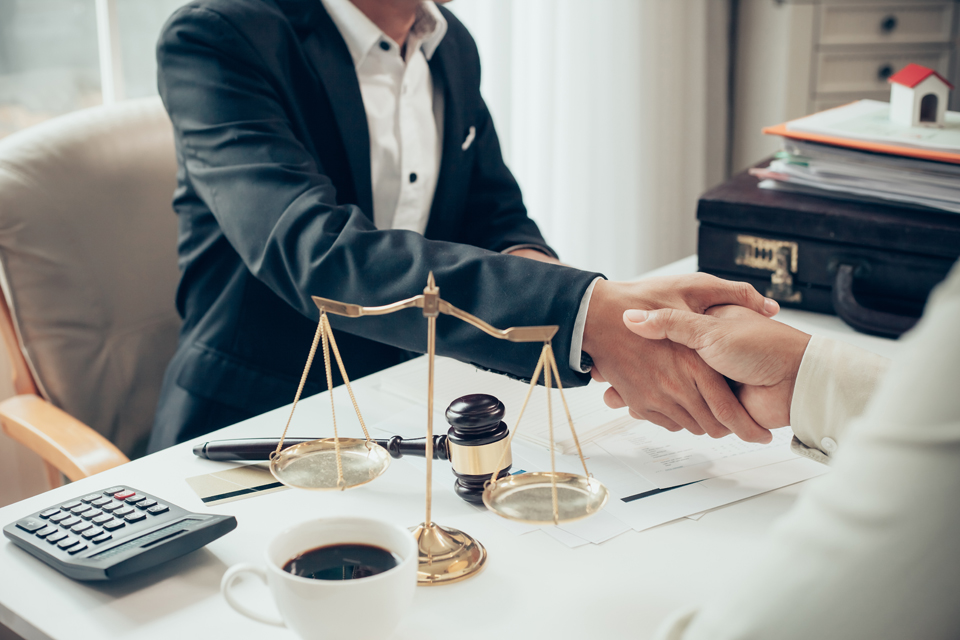
Twitter’s blue checkmark is no longer just a badge of authenticity; it’s now a revenue stream for the social media giant. Twitter’s verification process, which was once free, is now a paid feature. A recent review by Reuters found that out of the 17 top law firms that had free blue check marks from Twitter, only three have apparently paid to keep them. The law firms that paid for the privilege of verification are Hogan Lovells, Holland & Knight, and Vinson & Elkins, the article reports. But 14 others did not have check marks when Reuters last checked, including DLA Piper, Norton Rose Fulbright, Greenberg Traurig, and Weil, Gotshal & Manges.
The price for a blue checkmark starts at $8 per month or $84 per year, and verified organizations can get a gold checkmark for $1,000 per month. Some lawyers with large Twitter followings have elected to pay for the check mark. They include Preet Bharara, a former U.S. attorney for the Southern District of New York; Neal Katyal, a partner at Hogan Lovells and a former acting U.S. solicitor general; John Quinn, founder of Quinn Emanuel Urquhart & Sullivan; Kannon Shanmugam, an appellate chair for Paul, Weiss, Rifkind, Wharton & Garrison; and Ted Frank, a class action watchdog and director at the Hamilton Lincoln Law Institute.
According to a Hogan Lovells spokesperson who spoke to Reuters, the blue check mark carries benefits that include analytics, data, and a more secure two-factor authentication. However, not all law firms and legal organizations are willing to pay for the verification process. SCOTUSblog, which covers the U.S. Supreme Court, recently announced on Twitter that it is leaving the social media website. “The tipping point was having to pay for verification when we feel we add a lot of value,” the post read. “We also feel solidarity with NPR and share concerns about Twitter’s direction. You can find us on the blog and TikTok. If we join another platform, we’ll send word here.”
Twitter’s move to charge for verification has received mixed reactions from the legal community. Some believe that it’s a reasonable fee to ensure that verified accounts are legitimate and trustworthy, while others feel that charging for a feature that was once free is unfair. Additionally, some are concerned that smaller law firms and legal organizations may be disadvantaged if they can’t afford to pay for the verification process.
Regardless of the debate over Twitter’s new policy, it’s clear that social media platforms are becoming increasingly important for law firms and legal organizations. Twitter, in particular, has become a go-to platform for lawyers to share their thoughts on legal issues, connect with clients and other lawyers, and stay up-to-date on legal news. However, as Twitter and other social media platforms continue to evolve, it’s important for lawyers and legal organizations to consider the potential risks and benefits of using these platforms. While they can be powerful tools for networking and building a brand, they also come with potential ethical and reputational risks that must be carefully managed.
















































